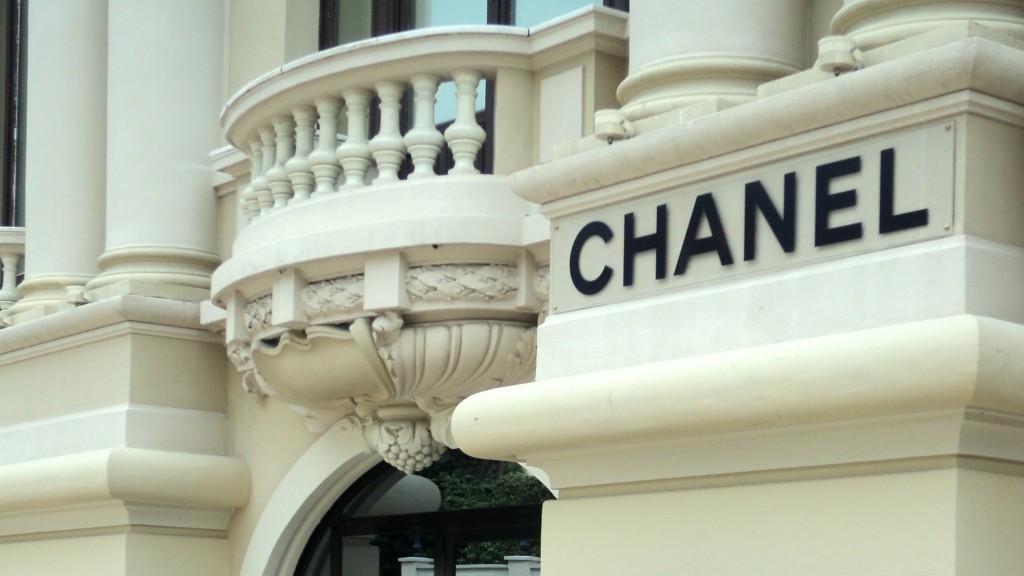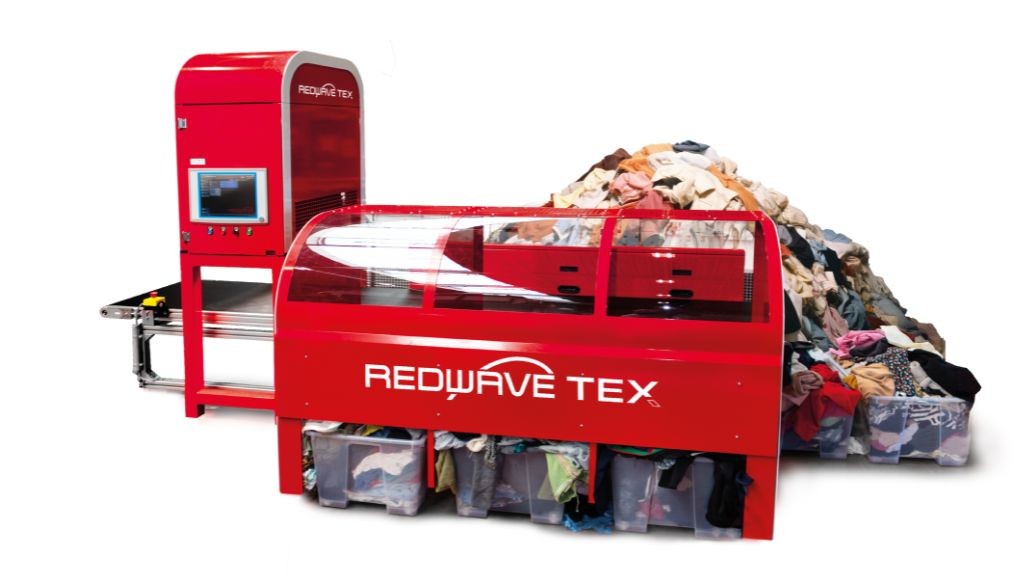Chanel launches new recycling division to combat textile waste
The company will invest between $54M and $86M to create a B2B division that provides circular solutions in fashion

Luxury fashion giant Chanel is focusing on reducing textile waste in the fashion industry with a new division. The venture is an independent arm of the business focused on advancing the company's sustainability commitment. Dubbed Nevold — a portmanteau of the words "never" and "old" — Chanel will invest between $54 million to $86 million to create an entire B2B division aimed at providing circular solutions in fashion.
The initiative will address energy waste in the fashion industry by changing the way textiles are disposed of by using offcuts, deadstock fabric, and repurposing other unsold Chanel products and transforming them into new products or raw materials to be used by other brands.
An industry-wide shift to greener practices
In its 2023 Sustainability Performance Report, Chanel committed to reducing greenhouse gas (GHG) emissions by up to 90 percent by 2040. To reach this goal, the company has made a concerted effort to reduce the influx of raw materials. Currently, purchasing raw materials causes nearly two-thirds of the carbon emissions emitted by Chanel.
Although formally launched this year, the project began in 2019 when the luxury retailer started experimenting with closed-loop options, such as incorporating recycled threads into its iconic tweed suits or replacing plastic reinforcements in shoes and handbags with leather waste to meet the European Union's increasingly stringent emissions requirements.
Led by Sophie Brocart, former CEO of LVMH-owned Patou, Nevold will work with Chanel's waste streams, along with other brands in the industry, to give materials a second life.
In a recent interview with Vogue Business, Bruno Pavlovky, Chanel's president of fashion, said that "We started by asking ourselves what happens to the materials that don't make it into a final product, or those that reach the end of their first life."
"At Chanel, we didn't destroy unsold products. But we also didn't yet have a real system to understand their full potential. Nevold is that system."
The move is a calculated strategy to reduce both its climate footprint and ongoing issues in securing raw materials amid supply chain shortages for fine goods like silk, wool, and leather.
Circularity in the fashion industry
For most luxury ateliers, the goal of exclusivity has been reinforced by constantly rotating releases and increasingly unique designs and textiles. In the same sense, Luxury fashion brands often leave reselling up to third parties, who take on the task of authenticating, restoring, and maintaining a longer life in vintage value. Until recently, the focus of these brands was frequently on the innovation of new styles and fabrics, constantly outpacing competitors in the name of innovation.
Funding more circular strategies relies on the fundamental break from exclusivity to reuse. The gradual adoption of a circular economy in the luxury fashion industry also marks a resurgence of the original ethos of high fashion: timeless pieces and excellence in craftsmanship and tailoring. Now, sustainability and social responsibility have grown in popularity both for consumers and brands.
A more conscious and responsible form of luxury is possible through initiatives like Nevold. As brands unlock possibilities with sustainability, waste streams become a valuable resource to address growing environmental challenges and sourcing issues.


